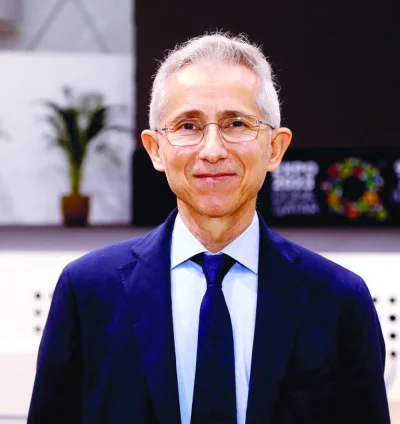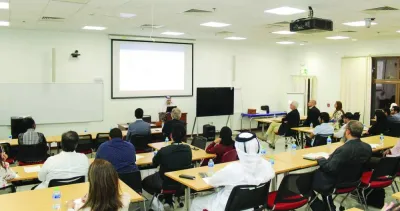Qatar’s decision to pull out of the Organisation of the Petroleum Exporting Countries (Opec) is part of the country’s strategy to stay focused on core business and enhance its international standing as the world’s leading natural gas producer.
Qatar will withdraw from the Vienna-based Opec on January 1, 2019, some 57 years after the country joined the bloc, which currently has 15 members.
Qatar was the first country to join Opec after the five founding nations -- Iran, Iraq, Kuwait, Saudi Arabia and Venezuela -- formed the group in 1960. It’s the first Middle Eastern nation to leave the group.
While many see Qatar’s Opec withdrawal as a political decision, the country has clearly stated that it is a “strategic decision”.
“I assure you this purely was a decision on what’s right for Qatar, long term. It’s a strategy decision. Qatar has worked diligently during the past few years to develop a future strategy in the oil and gas sector based on growth and expansion, both in its activities in Qatar and internationally,” said HE the Minister of State for Energy Affairs, Saad Sherida al-Kaabi.
Qatar’s strategy has driven the expansion of its international upstream footprint to reach countries like Brazil, Mexico, Argentina, Cyprus, Congo, South Africa, and the Sultanate of Oman, among other nations.
In the next few months, al-Kaabi said Qatar will be announcing several major international partnerships.
“Our objective in this strategy was to remain focused on our core business and activities in Qatar, and to enhance Qatar’s international standing as the world’s leading natural gas producer.”
He also noted Qatar Petroleum’s plans to raise its production capability from 4.8mn barrels oil equivalent a day to 6.5mn barrels oil equivalent a day during the next decade.
Through QP, Qatar is developing and increasing its LNG production from 77mn tonnes per year to 110mn tonnes (by 2024).
The new capacity increase will further strengthen Qatar’s leading position as the world’s largest LNG producer and exporter, and will further boost QP’s strategic growth plan. This production addition will have a great impact on Qatar’s economic growth and will help stimulate the country’s local economy.
Qatar would “make a big splash in the oil and gas business soon,” minister al-Kaabi said adding Doha would also build the Middle East’s biggest ethane cracker, an industrial facility, which converts gas to by-products such as adhesives and ethylene for plastics.
Qatar will continue to produce oil and seek deals in countries including Latin America’s top oil producer Brazil, the minister said.
“We are not saying we are going to get out of the oil business, but gas production would remain Qatar’s top priority,” al-Kaabi said.
But the amount of oil Qatar produced has steadily declined from about 728,000 barrels per day in 2013 to about 607,000 barrels per day in 2017, or just under 2% of Opec’s total output.
Qatar can certainly take pride in its international standing at the forefront of natural gas producers, and as the biggest exporter of LNG - the cleanest fossil fuel, which has given the country a strong and resilient economy.

viewpoint


